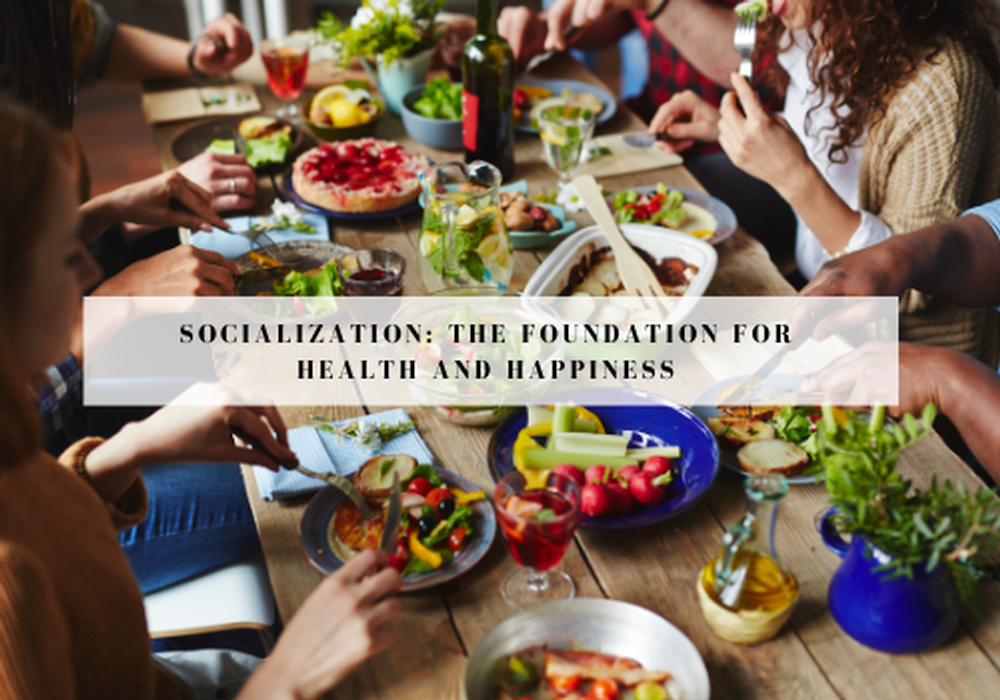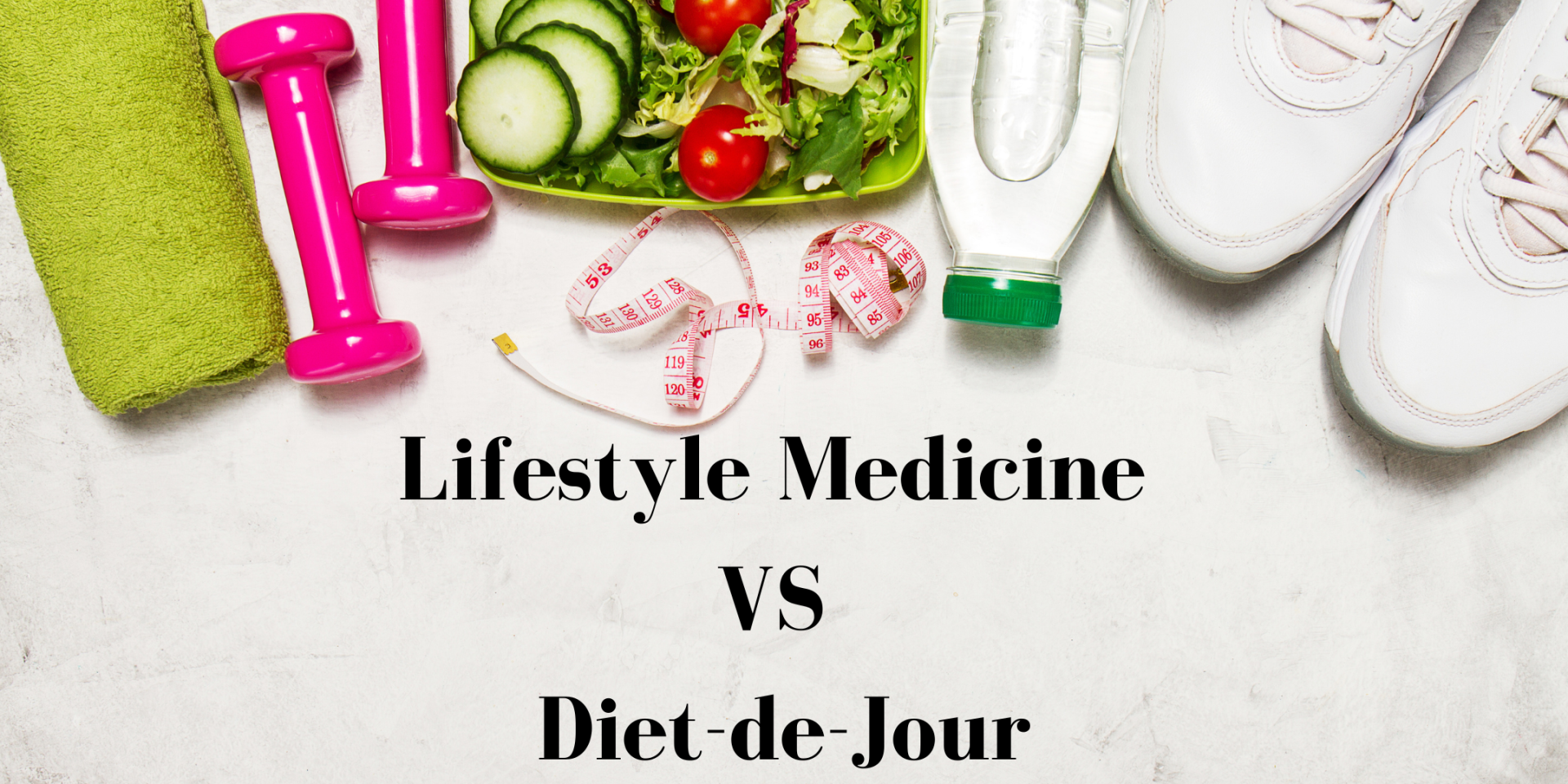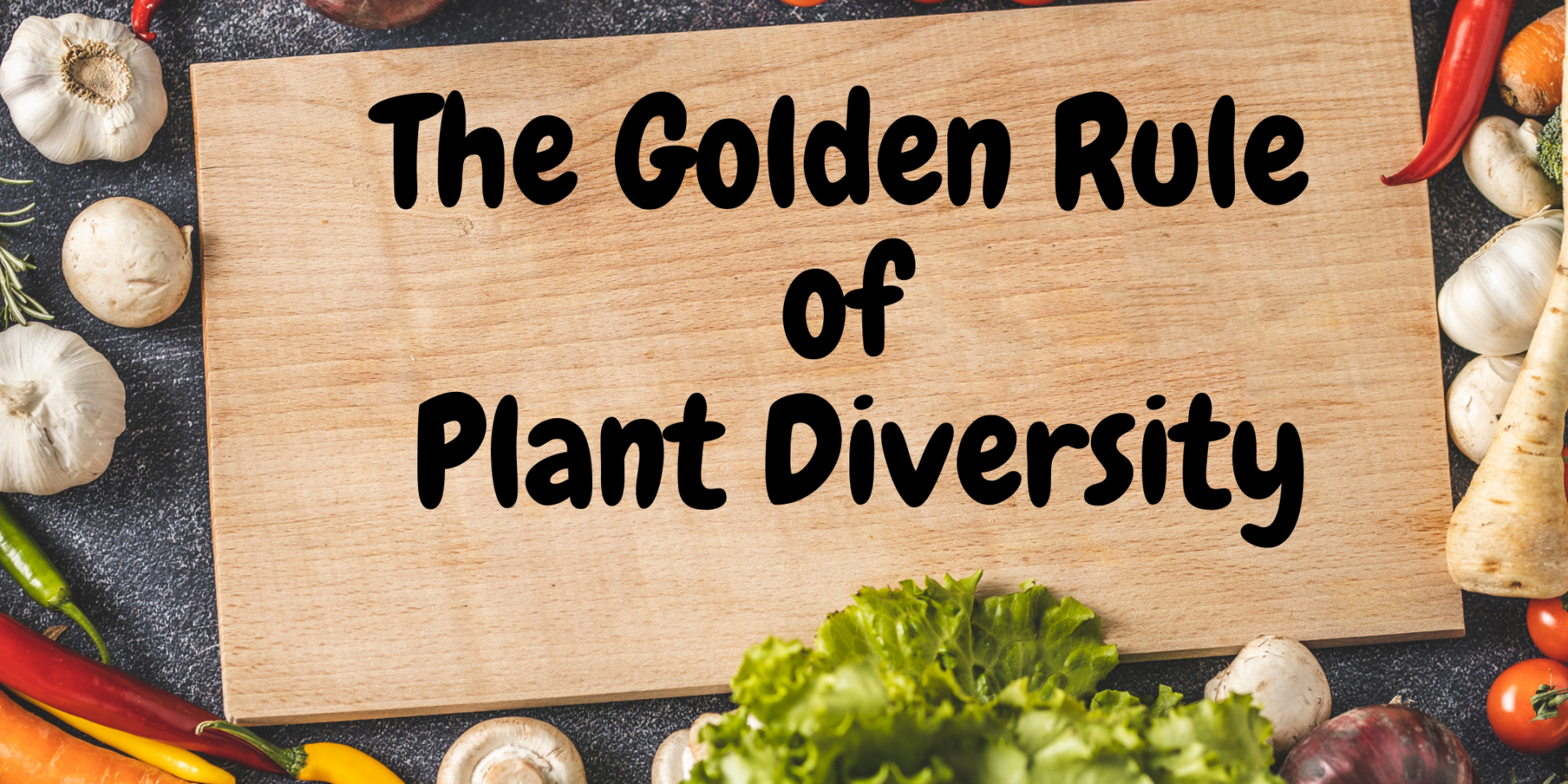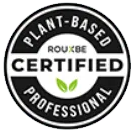“Do ya’ think I’m sexy?” “Do you really need me?” (Part 1)
Do Ya' Think I'm Sexy, Do You Really Love Me? (Part 1)

In Rod Stewart’s hit song, “Do Ya Think I’m Sexy,” he sings, “If you think I’m sexy…. And you really need me, come on baby tell me so.” I realize that this is a quasi-love song but, in my world, it could be written about one of our best friends…fiber!
“FIBER?” I hear you laughing and maybe even thinking I have finally stepped over the edge! Hear me out and you will see why all of us should write a love song about FIBER!
So, what is this love affair with fiber all about? Fiber is naturally occurring carbohydrates found in whole fruits, vegetables, whole grains, beans/legumes, nuts and seeds. You will not find fiber in any animal products. Synthetic or processed fiber is often added to products, e.g., yogurt with added fiber. As you may recall from one of my previous blogs, we have discussed the differences, benefits, and caveats of processed vs. unprocessed foods. Fiber is no exception.
Is naturally occurring fiber, such as the fiber found in whole plant foods, better than processed fiber, such as Metamucil? In his 3-minute video, Prunes vs. Metamucil vs. Vegan Diet, Dr. Michael Greger explains the benefits or more specifically, “outcome” of eating prunes and other naturally occurring fruits and vegetables. Before we get to “which is better,” let’s learn a little more about fiber.
There are two forms of fiber, soluble and insoluble. Both of which are abundant in the plant world and are essential to our overall health.
According to Mayo Clinic, soluble fiber dissolves in water to form a gel-like material. It is found in oats, peas, beans, apples, citrus fruits, carrots, barley and psyllium. Some have called soluble fiber “nature’s broom” as it keeps things moving smoothly through our system and removes unwanted cholesterol from our arteries, which may help to reduce the risk of heart disease.
When most people think of fiber, they probably think about constipation, after all, nearly 60 million Americans suffer from chronic constipation. This is where insoluble fiber becomes your best friend. Insoluble fiber improves the digestive system, increases stool bulk as well as frequency, and can benefit those who struggle with constipation or irregular stools. This type of fiber is found in whole wheat flour, wheat bran, nuts, beans and vegetables, such as cauliflower, green beans and potatoes.
What is the best type of fiber to consume? A simple answer, the one that you will eat! The recommended daily dose of fiber is 28 to 38 grams a day based on a 2,000 calorie a day diet. Unfortunately, we fall “exceedingly” short of this goal with only 5% of Americans reaching their recommended daily fiber intake. Put another way, 95% of Americans fall short of their dietary fiber requirements!
So, is “naturally occurring” fiber better than synthetic fiber? The proof is in the toilet! A four-year study of digestive regularity published by The National Health and Examination Study (N-HANES) states, “Vegetarian diets high in fiber-rich, plant-foods have been associated with a higher frequency of bowel movements and softer stools. Thus, vegetarians appear to suffer less frequently from constipation and other bowel disorders.” Dr. Greger’s video of Prunes vs. Metamucil vs. Vegan Diet concurs. Those eating dried plums (a less offensive reference to prunes) faired far better in frequency than that of Metamucil or other psyllium products. However, those following a whole, plant-based diet had more than five times more bowel movements in a week than those consuming Metamucil.
In his book, The Fiber Fueled Cookbook, Will Bulsiewicz, MD, MSCI outlines food consumption of most Americans. Dr. Bulsiewicz quotes the U.S. Department of Agriculture and states, “32% of our calories come from animal foods; 57% come from process plant foods; and only 11% from whole grains, beans, fruits, vegetables and nuts. Among that 11%, the number one item is potatoes from French fries and chips.”
A recent study published in the journal, Nutrient, showed that Americans aren’t eating adequate amounts of whole plant foods. The study states, “The beneficial health effects of consuming healthy dietary patterns rich in dietary fiber from whole plant foods include: improving gut health; lowering elevated LDL-cholesterol; reducing the risk of excessive weight gain and obesity; decreasing cardiovascular disease (CVD), coronary heart disease (CHD) and mortality risks; reducing risks of several cancers, stroke and type 2 diabetes; and, (drum roll) improving the odds for successful aging.”
Wait a minute…if you are thinking that all those health benefits sound good, you are correct. Bravo!! But what about “…improving the odds for successful aging?” Isn’t aging more about the gene pool that we have inherited from our parents? Successful aging is defined as multidimensional, encompassing the avoidance of disease and disability, the maintenance of high physical and cognitive function, and sustained engagement in social and productive activities. Indeed, heredity plays an important role in aging, but a healthy lifestyle can significantly impact the expression of those inherited genes. Plant based fiber is a major player in a healthy lifestyle and taking a closer look at your daily intake of fiber is a great place to start.
I believe FIBER is pretty darn empowering, exciting, and let’s face it, sexy! So…. “Do ya’ think I’m sexy?” “Do you really need me?” YES, and YES—by all means!
Stay tuned. The next PhytoFit, LLC blog will continue this discussion on fiber. We will explore ways you can increase your daily fiber intake, discuss some high fiber foods, and offer some suggestions for incorporating fiber into your healthy lifestyle that will lead you not just good health - but great health! In the meantime, enjoy your delicious, whole-food fruits, vegetables, whole grains, beans/legumes, nuts and seeds! After all, it’s sexy!
Recipe Blog Posts
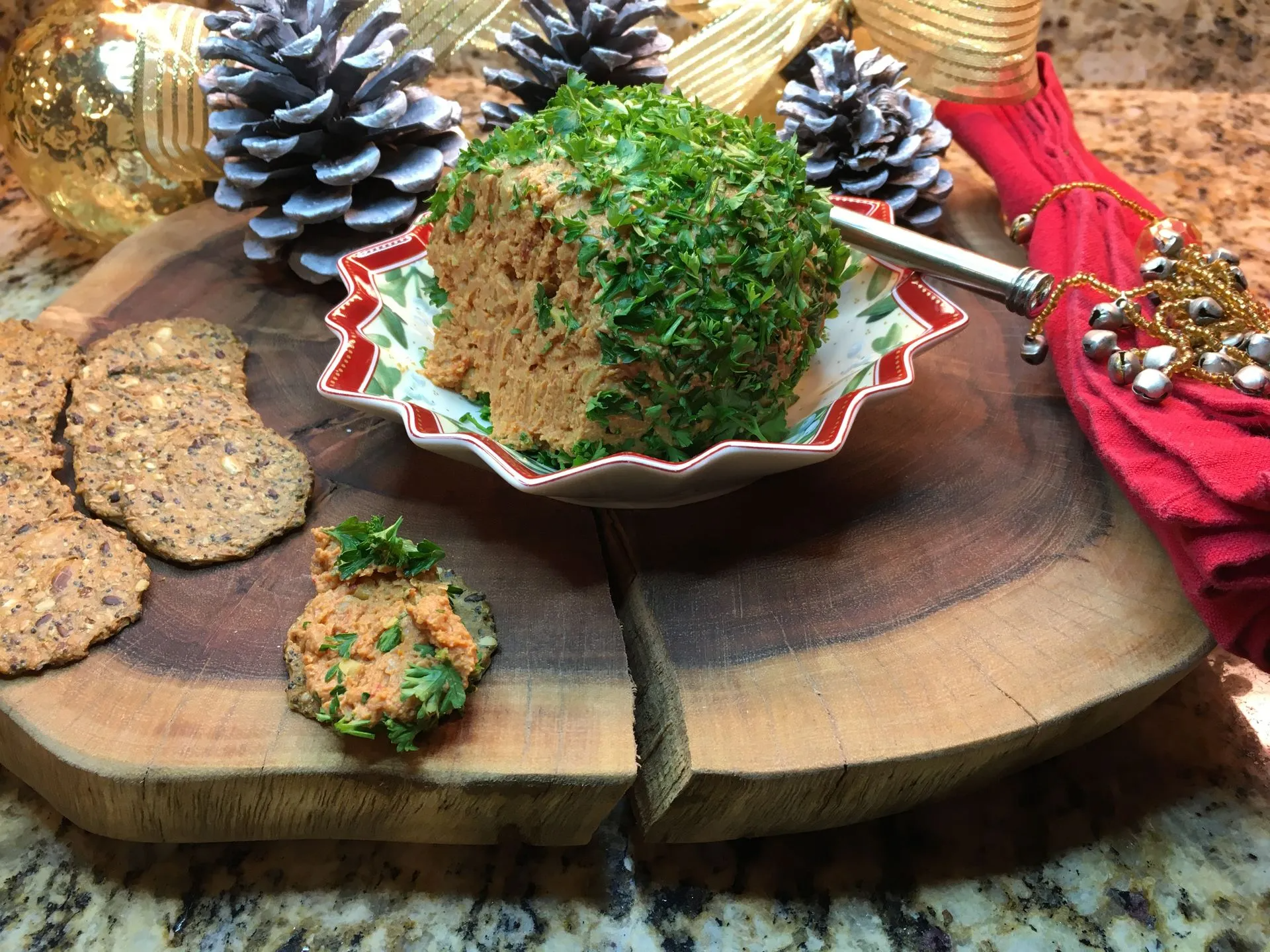
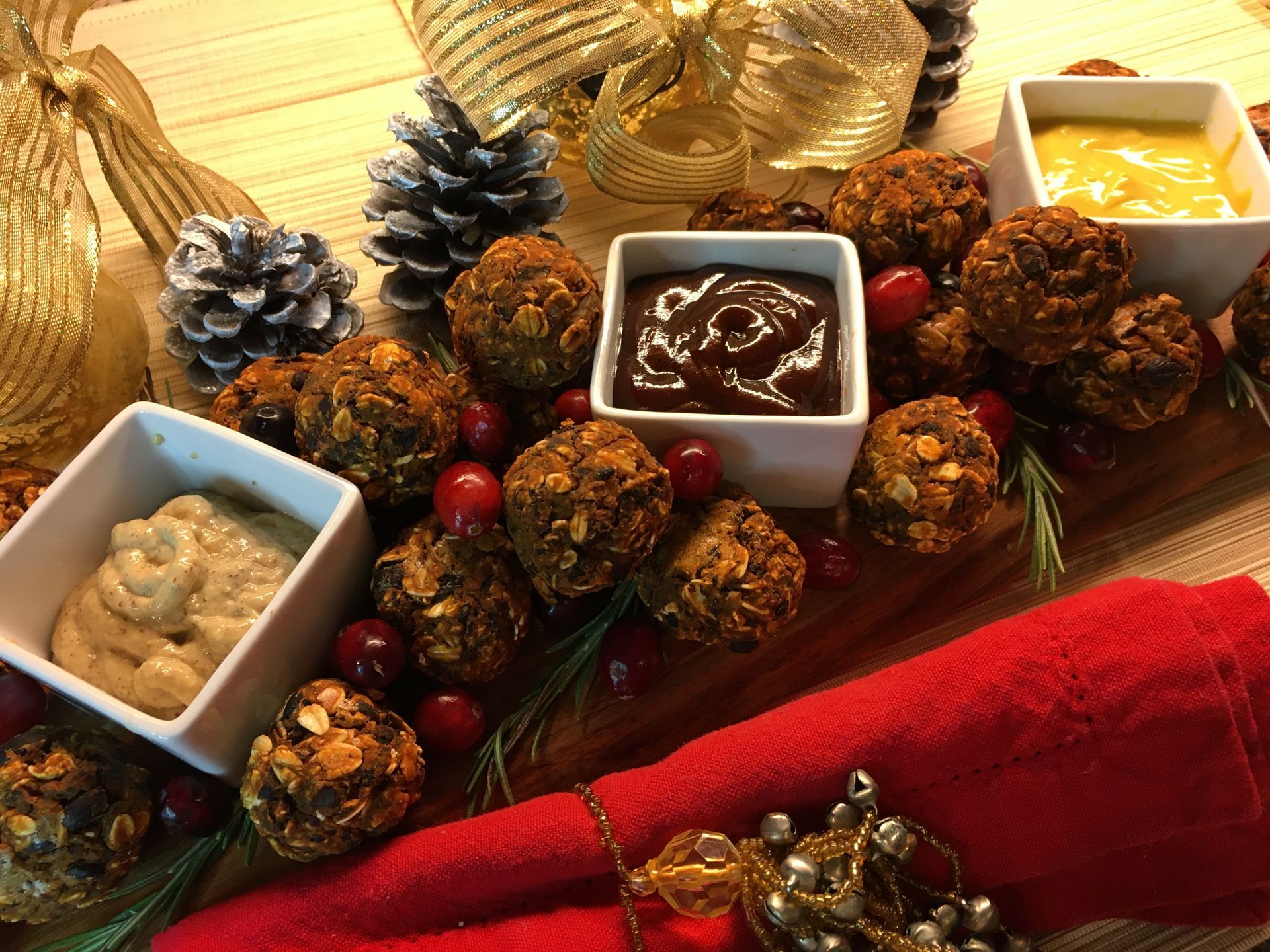
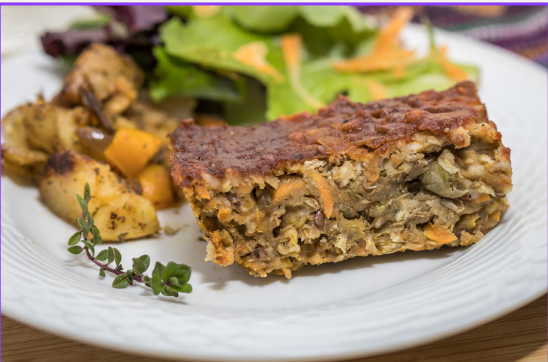
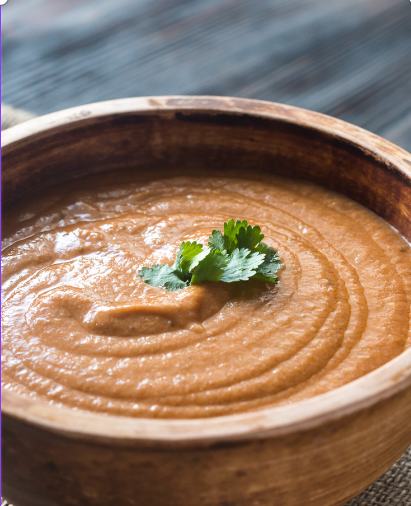
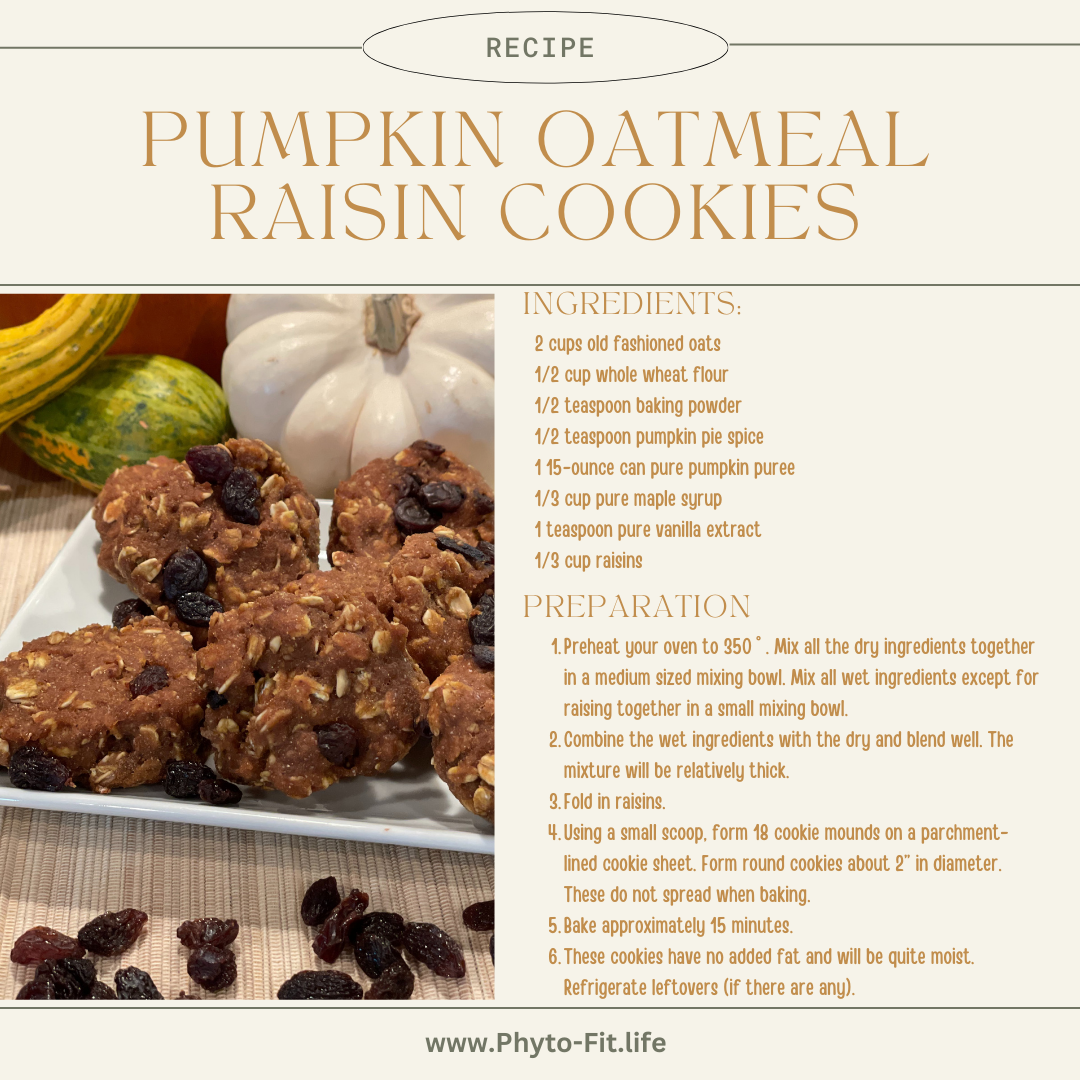
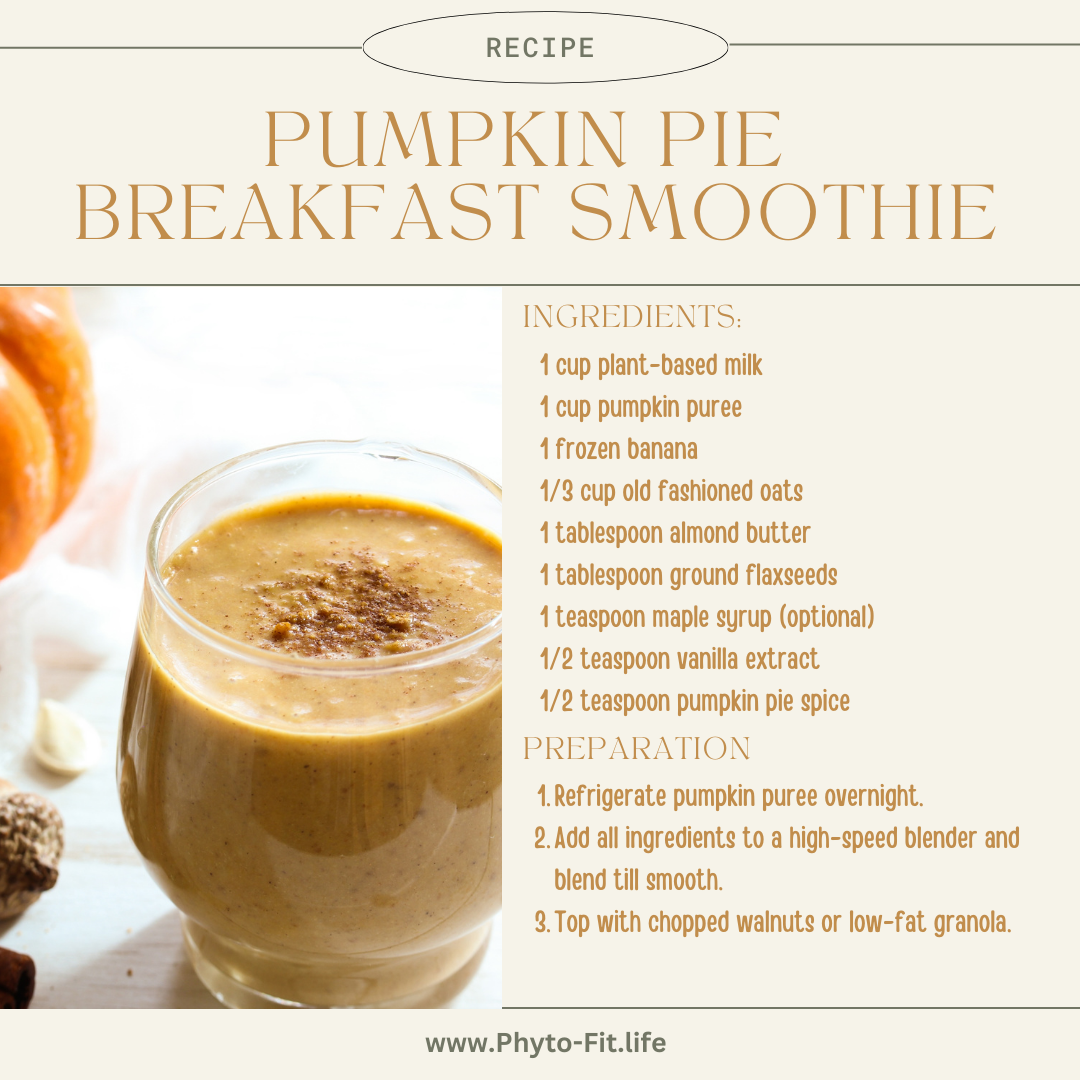
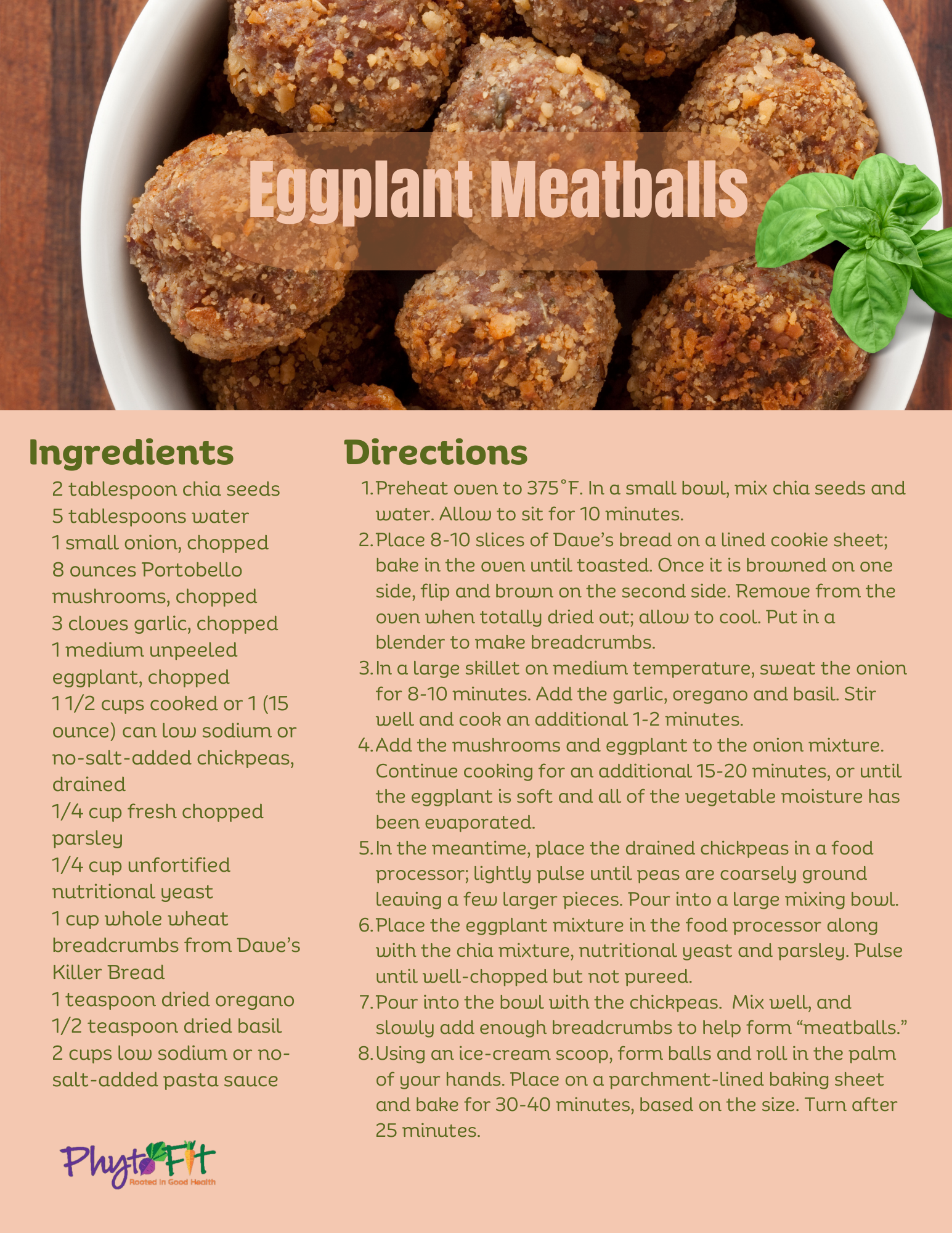
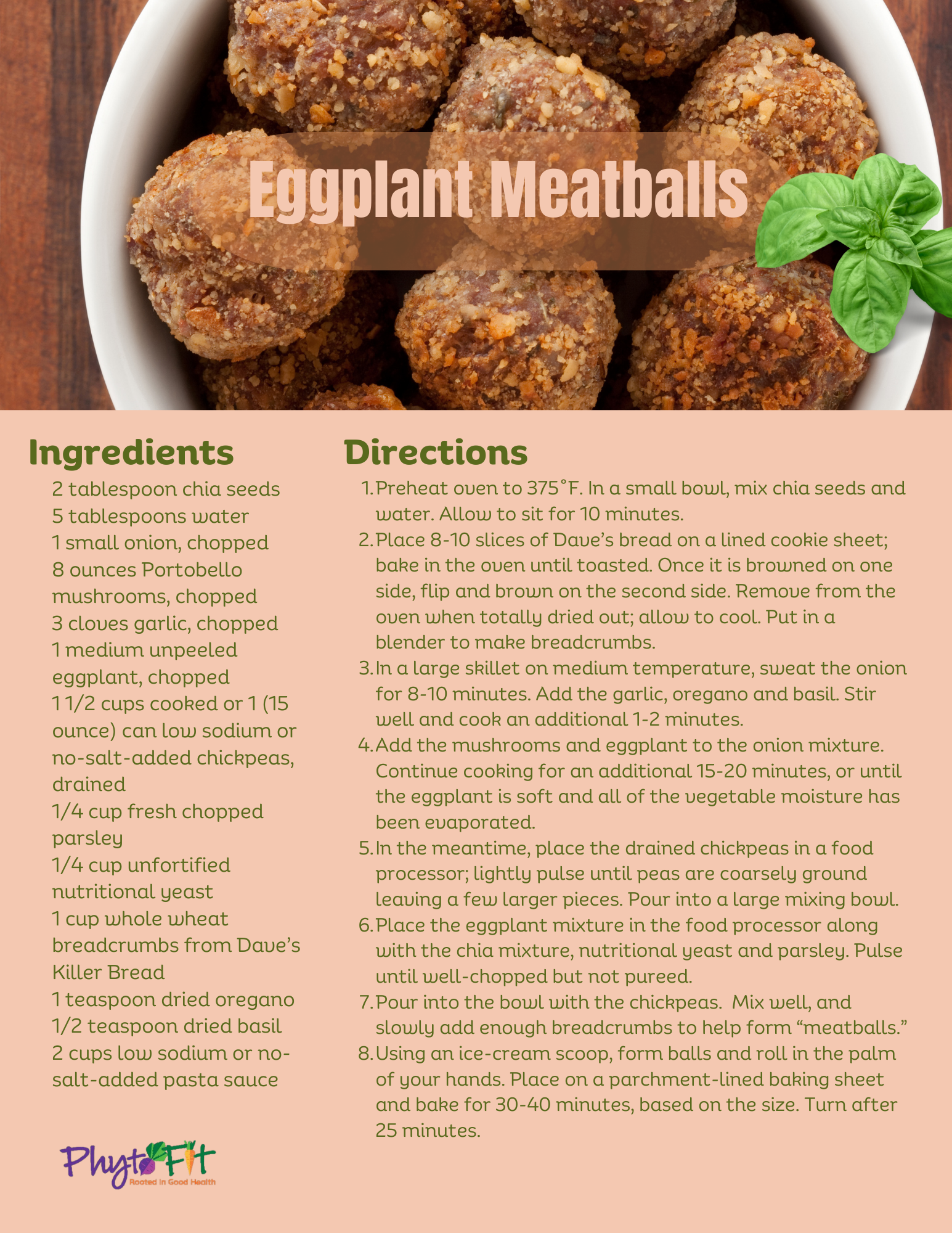
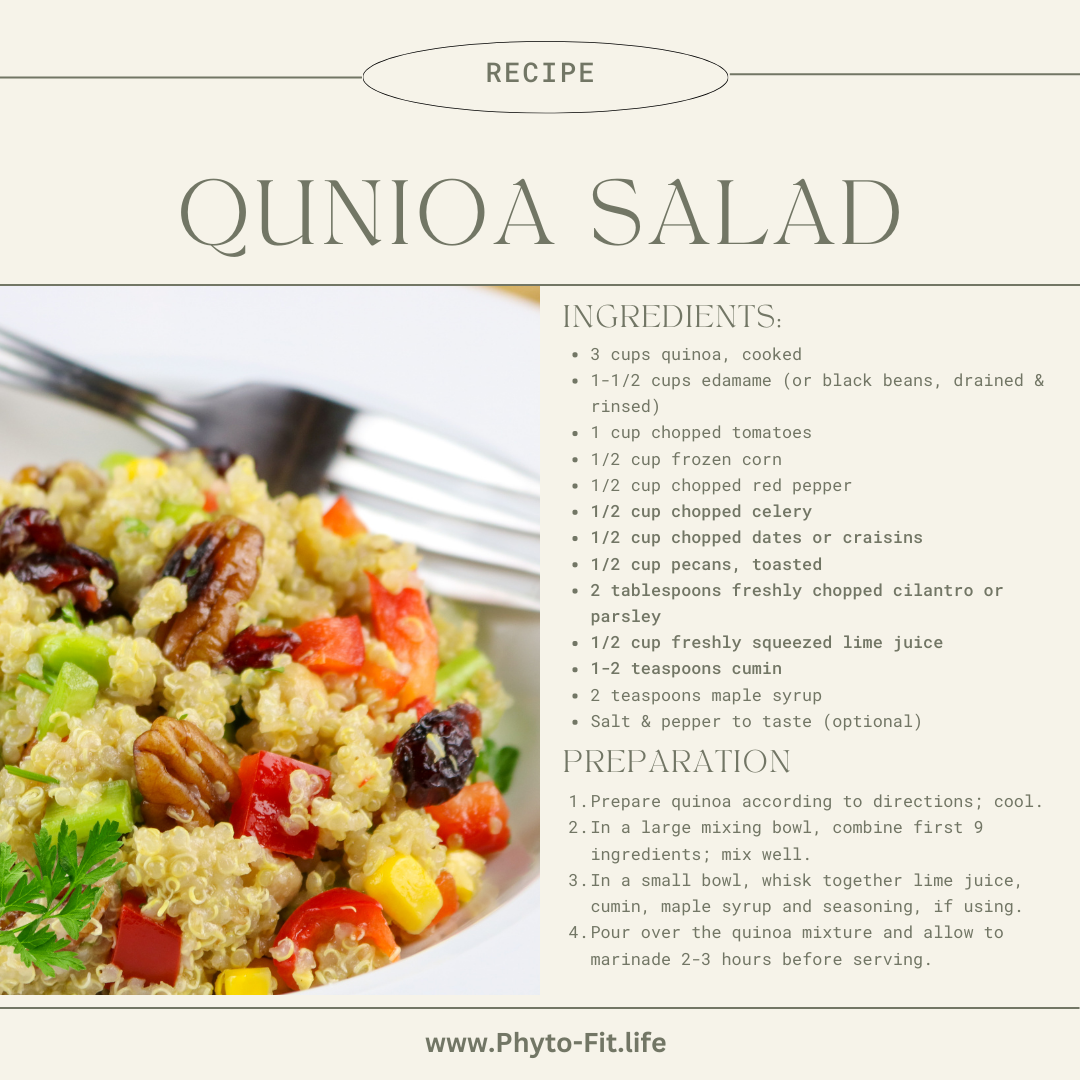
Other Blogs




